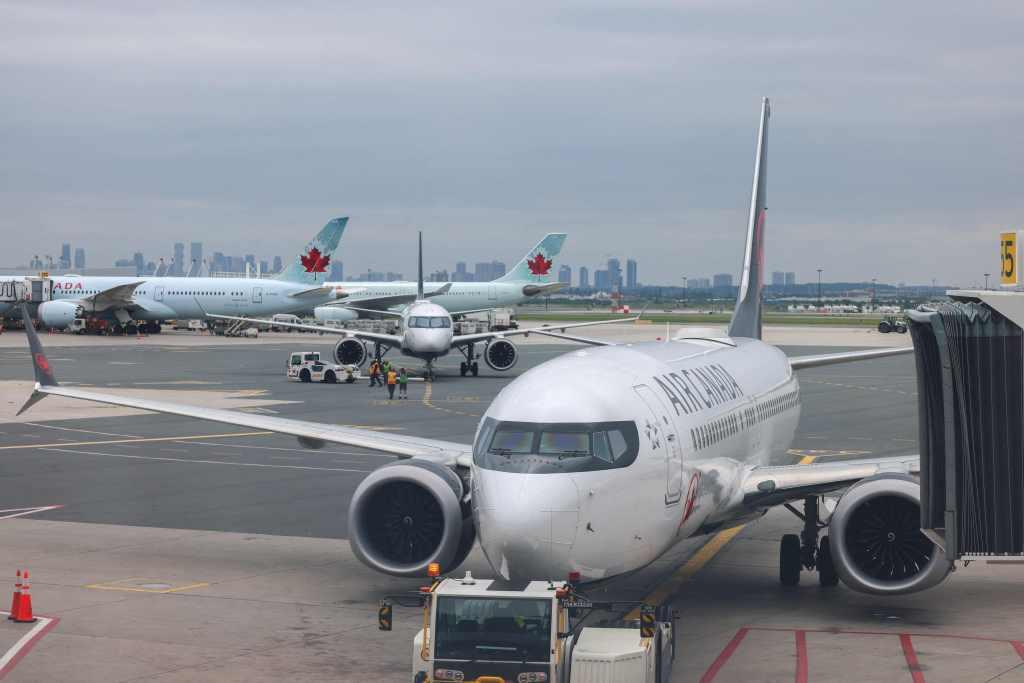NEW YORK (AFP) – US air regulators are investigating whether there are safety risks after titanium with counterfeit authentication wound up on commercial jets, officials said Friday.
Jets delivered to airlines by both Airbus and Boeing contain the titanium, which appears to be originally sourced from a Chinese company where an employee forged details on certificates, according to a New York Times report
Industry officials said Friday that based on testing of the titanium, they do not believe the issue poses an immediate safety risk on planes in service.
The issue comes amid heightened scrutiny of the aerospace industry following recent manufacturing and safety issues at Boeing.
“Boeing reported a voluntary disclosure to the FAA regarding procurement of material through a distributor who may have falsified or provided incorrect records,” a Federal Aviation Administration spokesman said.
“The FAA is investigating the scope and impact of the issue through our Continued Operational Safety process.”

The Times said the titanium in question ended up on Boeing 737 and 787 Dreamliner jets and the Airbus A220. The planes were built between 2019 and 2023, the Times said, adding that it not clear how many planes are affected or who owns them.
Spirit AeroSystems, which builds fuselages and other significant parts for both Airbus and Boeing, believes the issue stems from a single batch of titanium that entered the supply chain through approved suppliers, said Spirit spokesman Joe Buccino.
Extensive testing by Spirit has shown that the titanium is the proper grade for use on planes. But the issue is documentation, Buccino said.
“The documentation is counterfeit,” Buccino told AFP. “It’s good titanium.
“The issue is we can’t trace it back to its origin,” he said. “We determined there’s no safety of risk issue.”
Spirit received the titanium in parts from sub-contractors, rather than as a raw metal, Buccino said.
Boeing said it will remove the titanium on undelivered planes in light of the issue. Planes in service “can continue to fly safely,” the company said.
“This industry-wide issue affects some shipments of titanium received by a limited set of suppliers, and tests performed to date have indicated that the correct titanium alloy was used,” Boeing said.
Airbus did not immediately respond to a query from AFP. Airbus told the Times that testing of parts shows that “the A220’s airworthiness remains intact.”
Boeing in particular has been under the spotlight in recent months following a January incident on an Alaska Airlines flight in which a fuselage panel blew out mid-flight.
The company’s CEO, Dave Calhoun, will appear next week before a Senate panel probing safety problems.
Separately, on Friday, the National Transportation Safety Board said it opened an investigation into a Southwest Airlines flight from Phoenix to Oakland on a Boeing 737 MAX that experienced an oscillating motion known “Dutch roll.”
There were no injuries on the May 25 flight, but the carrier reported damage to structural components, the NTSB posted on X.



















































